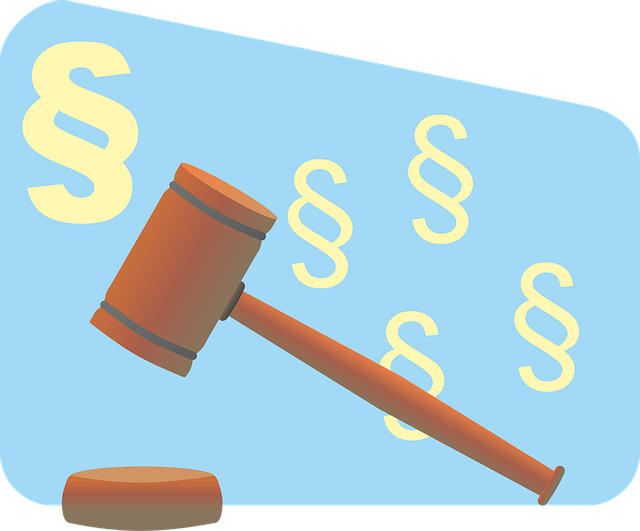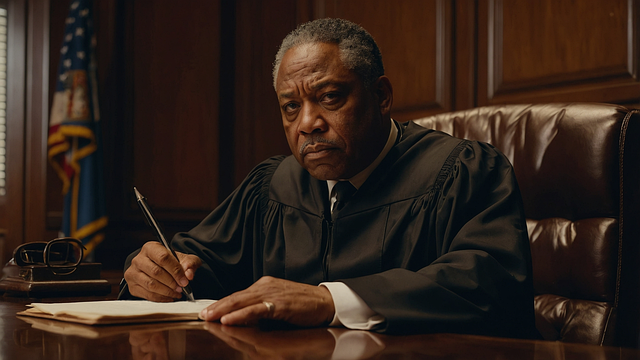Understanding healthcare law involves navigating complex state and federal regulations with distinct litigation processes and sentencing guidelines. While state lawsuits reflect local values and vary in strategies, federal sentencing is more uniform but may overlook regional nuances. White-collar defense tactics differ between states, while general criminal defenses apply across jurisdictions. Federal sentencing plays a crucial role in addressing misconduct in the healthcare industry, with stringent guidelines for crimes like fraud, impacting corporate operations and risk management. The differences in sentencing significantly affect legal outcomes and foster a culture of ethical conduct.
In the intricate landscape of healthcare law, understanding the nuances of state and federal regulations is paramount. This comprehensive guide delves into the complexities of state healthcare lawsuits, offering insights into their unique dynamics. Furthermore, it explores the stark differences between state and federal sentencing, shedding light on procedures and implications that shape the legal framework for healthcare providers. By navigating these jurisdictions, professionals can ensure compliance and mitigate risks in this vital sector.
- Understanding State Healthcare Lawsuits: A Comprehensive Guide
- Federal Sentencing: Procedures and Implications for Healthcare
- Navigating Jurisdiction: When State Meets Federal in Healthcare Cases
Understanding State Healthcare Lawsuits: A Comprehensive Guide

Navigating healthcare law involves understanding a complex interplay of state and federal regulations, each with its own nuances in litigation processes. When it comes to lawsuits, one key distinction lies in the differences between state and federal sentencing. While both jurisdictions aim for just and proportional punishment, their approaches vary significantly.
State healthcare lawsuits often reflect local priorities and values, leading to varied sentencing guidelines. Factors such as criminal history, the nature of the offense, and potential harm to victims play a substantial role in determining sentences. In contrast, federal sentencing guidelines are more uniform across jurisdictions, with predetermined ranges based on specific charges. This uniformity ensures consistency but may not account for unique regional considerations. For instance, white-collar defense strategies might differ between states, focusing on state-specific loopholes or regulatory interpretations, while general criminal defense tactics remain applicable across federal and state cases, including preparations for jury trials.
Federal Sentencing: Procedures and Implications for Healthcare

In the healthcare industry, Federal Sentencing plays a critical role in addressing misconduct and ensuring accountability. Unlike state-level sentencing, federal procedures often involve more stringent guidelines and penalties due to the complex nature of healthcare regulations. The differences between state and federal sentencing are notably evident when dealing with white-collar crimes, such as fraud or corporate malfeasance, which are common within the healthcare sector. These cases frequently attract significant attention, especially when they involve large institutions or high-profile individuals, leading to a focus on achieving extraordinary results in prosecution and punishment.
The implications of federal sentencing extend beyond legal consequences. They impact the way healthcare organizations operate, implement compliance programs, and manage risk. For corporate and individual clients alike, understanding these procedures is essential for navigating potential legal challenges. Moreover, the severity of penalties can deter future misconduct and encourage a culture of ethical conduct within the healthcare community, particularly in cases related to economic crimes.
Navigating Jurisdiction: When State Meets Federal in Healthcare Cases

Navigating the complex landscape of healthcare law involves understanding the intricate interplay between state and federal jurisdictions. Healthcare cases often span both realms, presenting unique challenges when it comes to sentencing. While state laws govern many aspects of healthcare practices and regulations, federal legislation and courts play a significant role in addressing white-collar and economic crimes within the industry. This dichotomy can lead to substantial differences in sentencing guidelines and outcomes.
The Differences Between State and Federal Sentencing manifest in various ways. State courts generally handle charges related to patient care, medical licensing, and malpractice, offering a range of penalties from fines to license suspensions or revocations. In contrast, federal courts focus on more severe offenses like fraud against government healthcare programs, with potential sentences including imprisonment and substantial monetary fines. The outcome can be a complete dismissal of all charges or lengthy jury trials, depending on the specific case and jurisdiction.
Healthcare law firms must navigate complex legal landscapes, understanding the nuanced differences between state and federal sentencing procedures. As jurisdiction intersects, so do the implications for healthcare providers and institutions. This article has provided a comprehensive guide to state healthcare lawsuits, federal sentencing, and navigating these jurisdictions’ interplay. By recognizing the distinct characteristics of each legal framework, healthcare professionals can better prepare for potential challenges and ensure compliance with the evolving regulatory environment.






